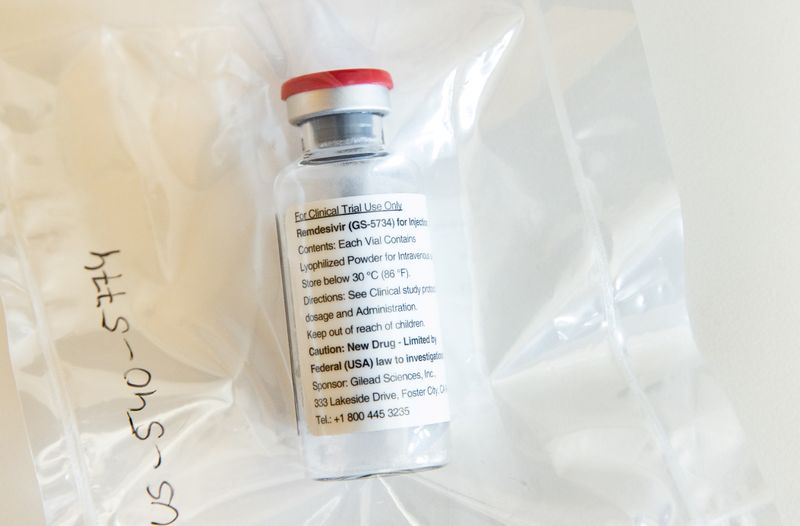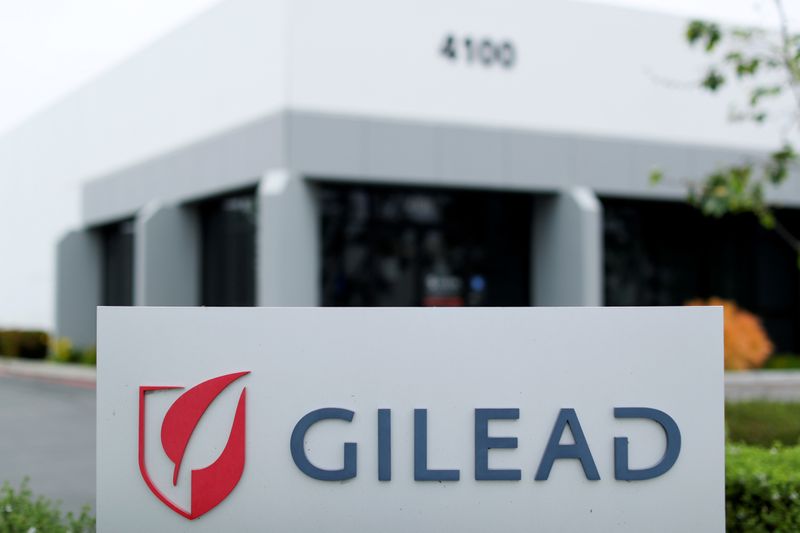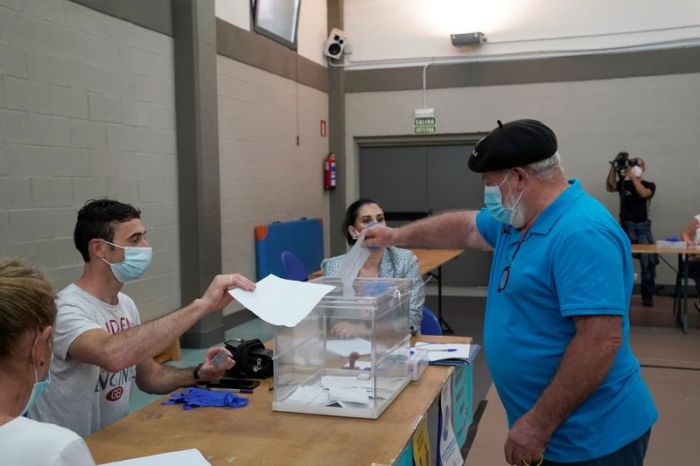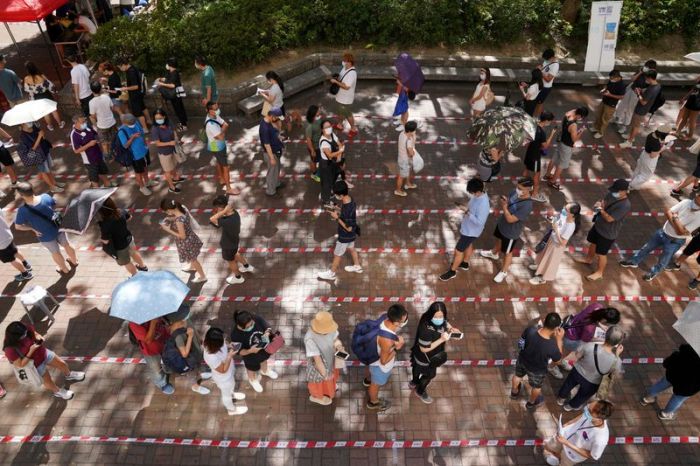SEOUL (Reuters) – One in three South Korean patients seriously ill with COVID-19 showed an improvement in their condition after being given Gilead Sciences Inc’s antiviral remdesivir, health authorities said.
More research was needed to determine if the improvement was attributable to the drug or other factors such as patients’ immunity and other therapies, they said.
Remdesivir has been at the forefront of the global battle against COVID-19 after the intravenously administered medicine helped shorten hospital recovery times in a U.S. clinical trial.
Several countries including South Korea have added the drug to the list of treatment for the disease caused by the novel coronavirus. There is no approved vaccine for it.
In its latest update on the drug, Gilead said on Friday an analysis showed remdesivir helped reduce the risk of death in severely ill COVID-19 patients but cautioned that rigorous clinical trials were needed to confirm the benefit.
The Korea Centers for Disease Control and Prevention reported on Saturday results from a first group of 27 patients given remdesivir in different hospitals.
Nine of the patients showed an improvement in their condition, 15 showed no change, and three worsened, KCDC deputy director Kwon Jun-wook told a briefing.
The result had yet to be compared with a control group and more analysis was needed to conclude remdesivir’s benefit, Kwon said.
In June, South Korea asked Gilead to supply enough of its drug to treat more than 5,000 COVID-19 patients in preparation for a possible second wave of infections.
South Korea has been battling small but persistent outbreaks of the new coronavirus, with 62 new cases reported as of Sunday, bringing the country’s total to 13,479 cases with 289 deaths.
(Reporting by Sangmi Cha; Editing by Miyoung Kim, Robert Birsel)

























